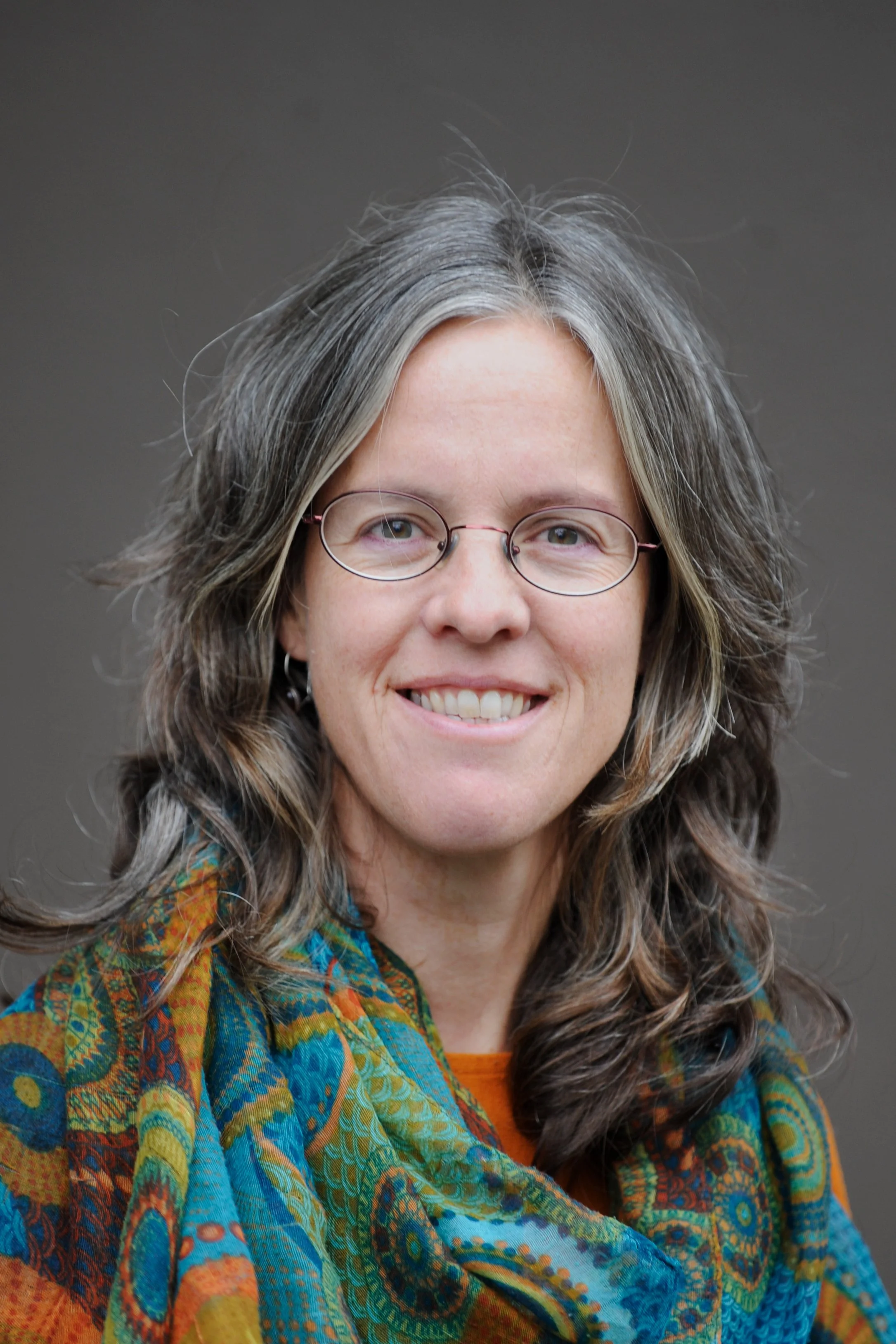SIRGE Coalition Executive Committee
-
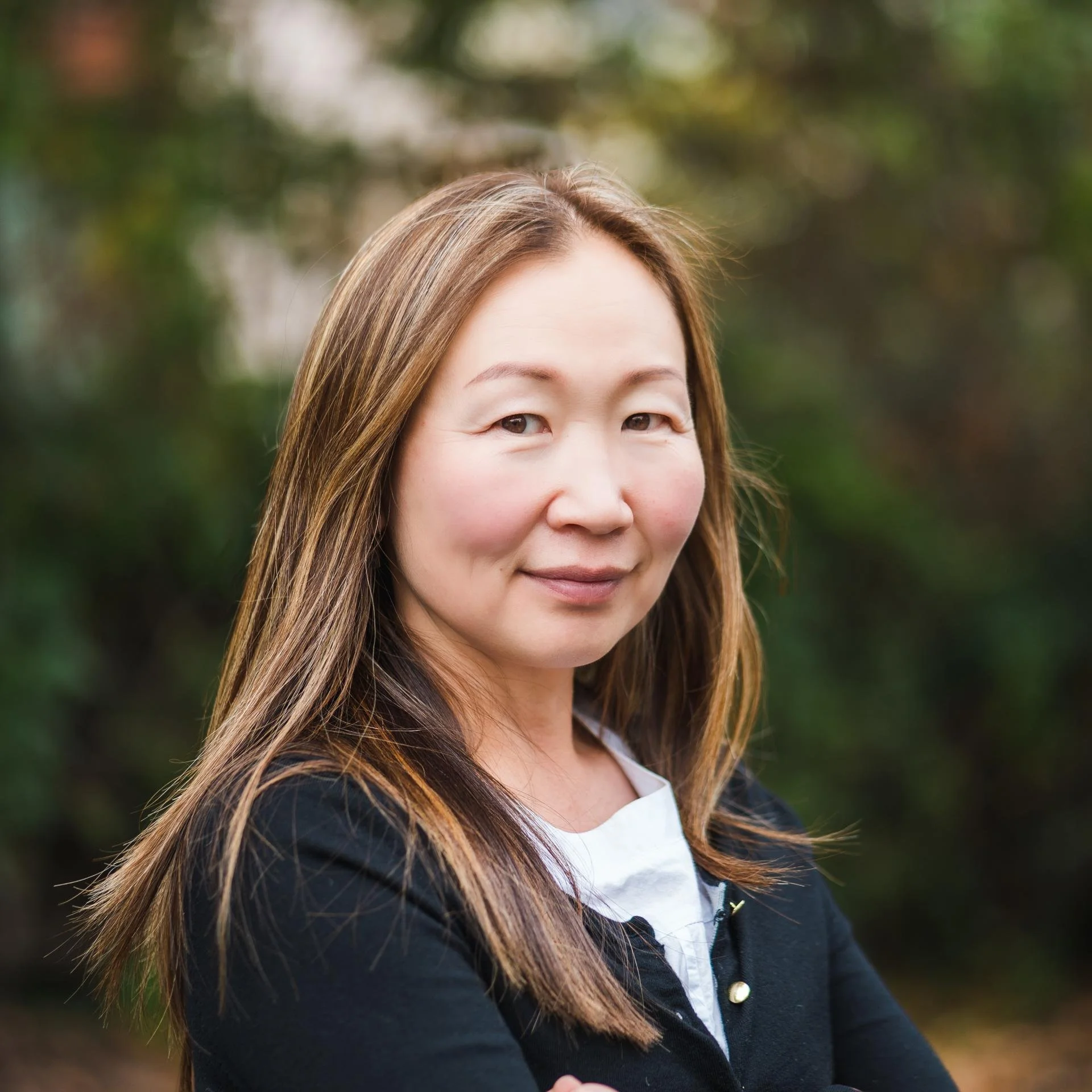
Galina Angarova (Buryat), Executive Director, SIRGE Coalition
Galina Angarova is the Executive Director of the SIRGE Coalition. She is the former Executive Director of Cultural Survival. Galina previously served as Program Officer at the Swift Foundation, and prior to that, as Policy and Communications Advisor for Tebtebba. She has represented the Indigenous Peoples’ Major Group at the UN on issues such as the Sustainable Development Goals and the Post-2015 Development Agenda and has led Indigenous experts to review safeguards for Indigenous Peoples for the UN Framework Convention on Climate Change’s Green Climate Fund. Previously, Galina was the Russia Program Director at Pacific Environment, where she organized direct actions to block pipeline construction in the Altai region of Siberia, to close a toxic paper mill on Lake Baikal, and to stop a hydro-dam from flooding Evenk Peoples’ lands. Galina holds a Master’s degree in Public Administration from the University of New Mexico and served on the board of International Funders for Indigenous Peoples for seven years.
-
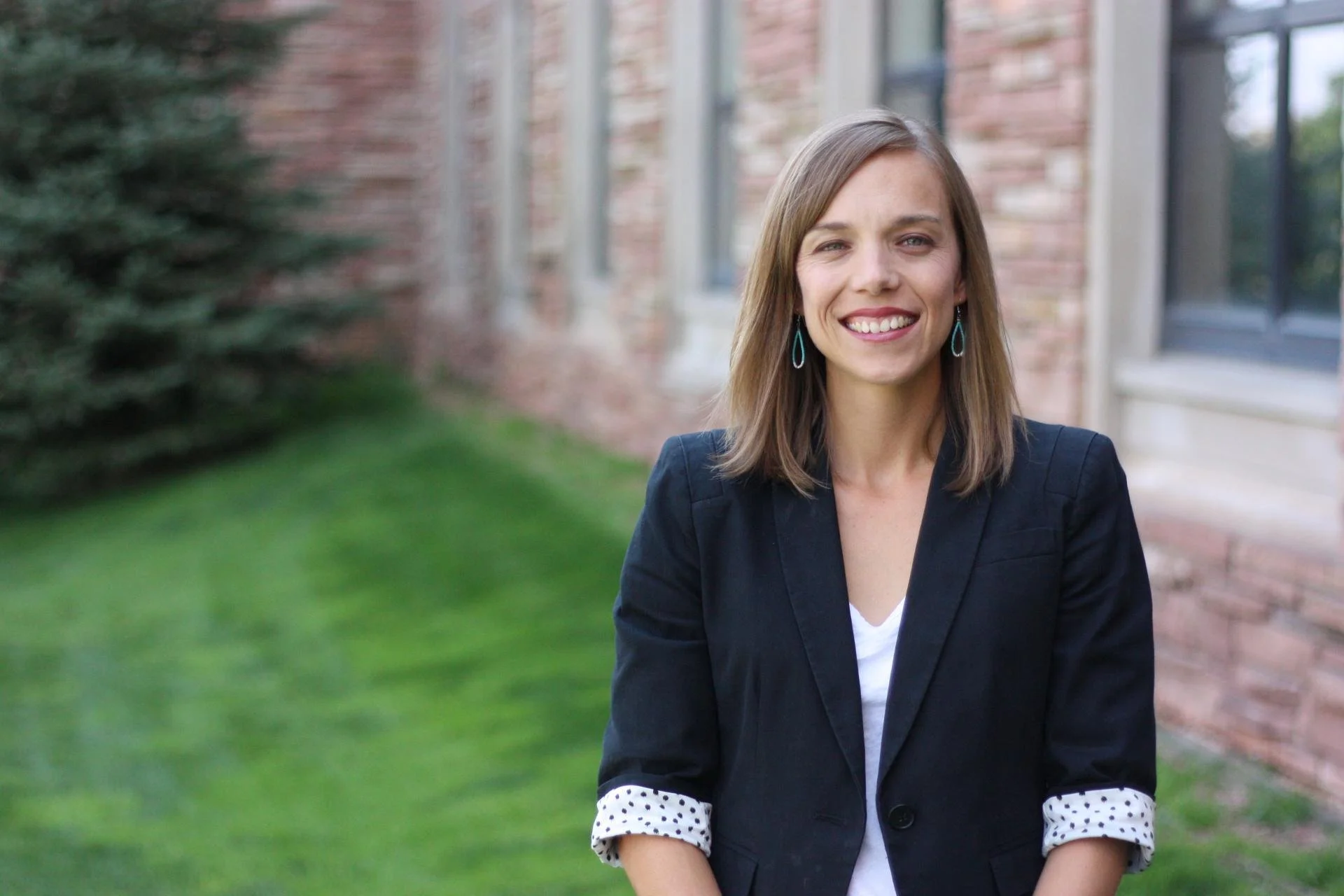
Kate R. Finn (Osage), Tallgrass Institute, Chair of Executive Committee
Kate R. Finn is the Founder and Executive Director of Tallgrass Institute, an organization that works to build corporate accountability to the rights of Indigenous Peoples at the intersection of law, finance and business. Kate’s areas of focus and expertise include Indigenous Peoples law and policy, federal Indian law, preventing violence against women, sustainable finance, and business and human rights. Her recent work focuses on articulating the impacts of development in Indigenous communities as well as business and financial risks to forecast the materiality and opportunity of embedding respect for Indigenous Peoples into routine business operations. She serves on the boards of First Nations Community Financial, Unified Solutions Tribal Community Development Group, Cultural Survival, and on the Stewardship Circle of Adasina Social Capital. Kate is an enrolled citizen of the Osage Nation.
-

Ellen Moore, Earthworks
Ellen Moore is the Interim Mining Program Co-Director at Earthworks. Her path to extractive industry work began in Guatemala with the Network in Solidarity with the People of Guatemala (NISGUA) in 2005, where she served as a human rights observer. Inspired by the commitment and bravery of local folks who were demanding justice and the right to self-determination, Ellen spent the following decade engaged in international solidarity and environmental advocacy work in Central America.
Most recently, she worked as the Guatemala Programs Coordinator with NISGUA where she collaborated closely with communities standing up to transnational mining corporations.
Upon returning to the US in 2015, Ellen joined the Progressive Leadership Alliance of Nevada, first as the Mining Justice Organizer, and later as the Environmental Justice Organizing Director.
Ellen grew up in rural Wisconsin and spent her college years in the Twin Cities. She earned her undergraduate degree in Spanish from the University of St. Catherine and her master’s degree in Latin American Studies from Stanford University.
-
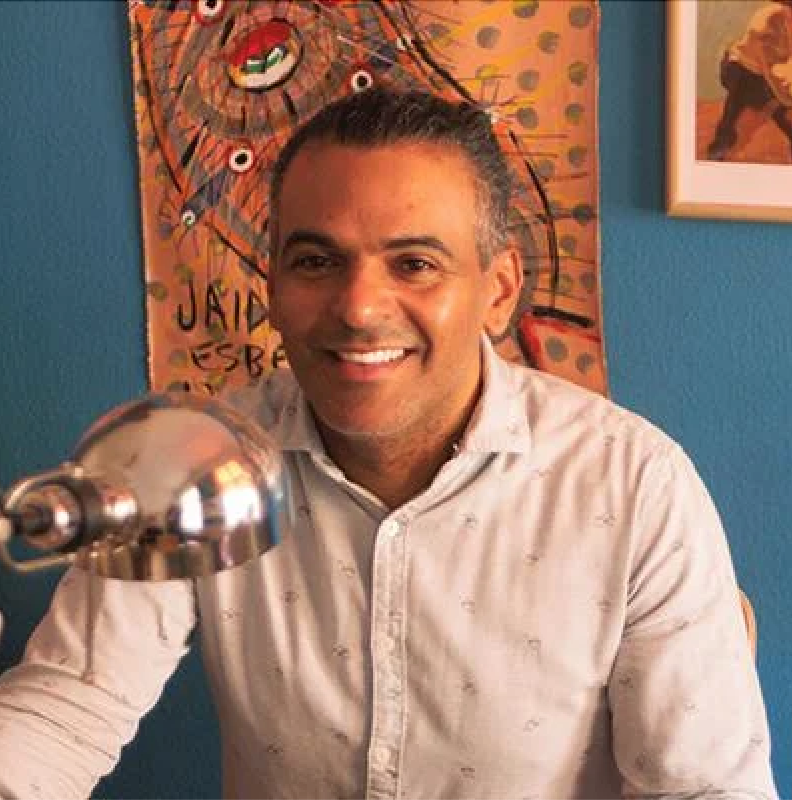
Edson Krenak Naknanuk (Krenak), Cultural Survival
Edson Krenak Naknanuk is an Advocacy Coordinator at Cultural Survival and is also an Indigenous activist, writer, and a PhD student at Vienna University, Austria, where he is developing studies in legal anthropology. He holds degrees in linguistics and literary theory at Sao Carlos Federal University in Brazil. He also works as a speaker and trainer at Uka Instituto in Brazil. As a writer, he won the 10th Tamoios National Prize of Indigenous writers in Brazil with the book O Sonho de Borum', and his tale "Kren and Pockrane, Why There Are Not Twing among the Krenak People" is part of the UNICED-nominated book Nos, Antologia de Contos Indigenas. Edson`s ancestors are known as the Botocudos. He speaks Portuguese, Spanish, English, and German.
-
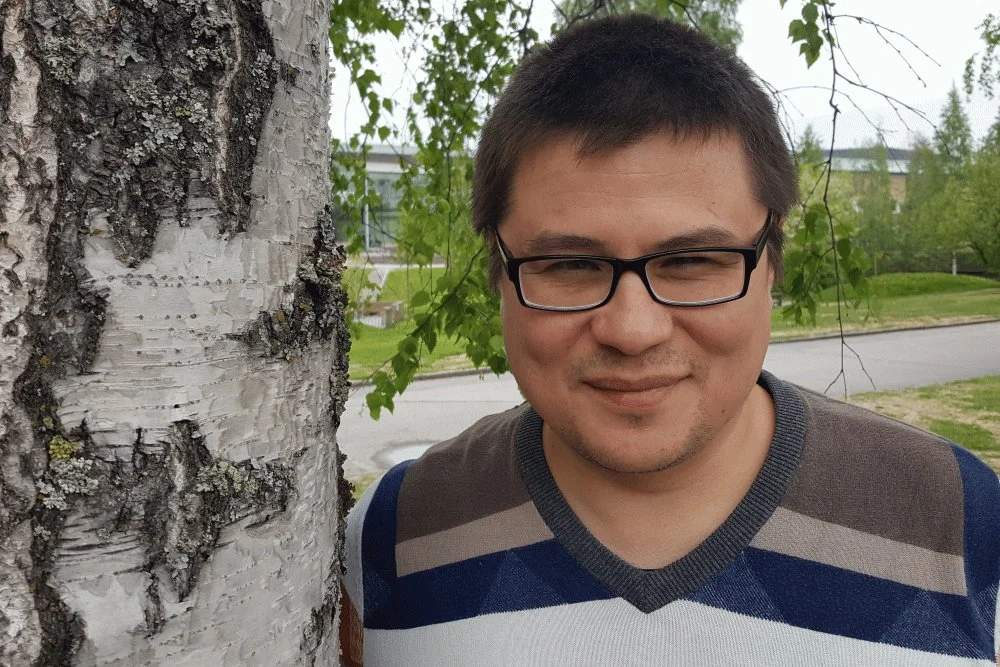
Dmitry Berezhkov (Itelmen), Batani Foundation
Dmitry Berezhkov is an Advancement Advisor at Batani Foundation. He is a representative of the Itelmen Indigenous Peoples from the Russian Far East. Since the late 1990s, he became a youth activist in the Indigenous movement in Kamchatka. After that, he worked as a fundraiser at the Indigenous Peoples’ Information Center “Lach”, vice-president of the Russian Association of Indigenous Peoples of the North (RAIPON). In 2011, he moved to Norway and established a consulting company where he is working today as a director and as a chief editor of the Indigenous Russia website.
-
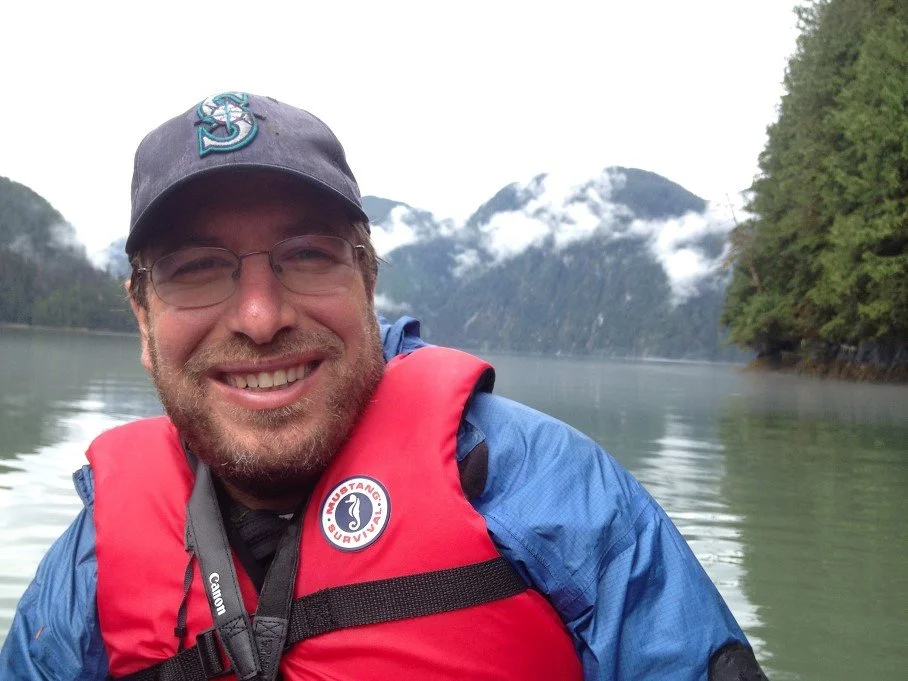
David Gordon, Facilitator
David Gordon is an independent consultant with a background in strategic philanthropy and environmental grantmaking to support international conservation and indigenous rights. He is an experienced facilitator with a focus on facilitating diverse networks. He started at Pacific Environment, a non-profit intermediary where he supported grassroots environmental and indigenous leaders in Russia, China, and Alaska. He worked as Senior Program Officer in the Environment Program at the Margaret A. Cargill Foundation, where he managed grantmaking programs focused in British Columbia, Alaska, and the Mekong Basin. He served as Executive Director of the Goldman Environmental Prize, the world’s largest award honoring grassroots environmental activists. He is a member of the Advisory Board at the Trust for Mutual Understanding.
-
Silvia Schönenberger, Society for Threatened Peoples
Silvia Schönenberger is Programme Manager for Climate Justice and Indigenous Peoples' Rights at the Society for Threatened Peoples, Switzerland. She holds a Master's degree in Social Anthropology from the University of Zurich and studied documentary filmmaking in Santiago de Chile. She previously worked for Indigenous Peoples' Rights Watch in Chile and for several years on migration, discrimination, and human rights issues in Switzerland. She also has experience in international solidarity and cooperation with Southern Africa.
